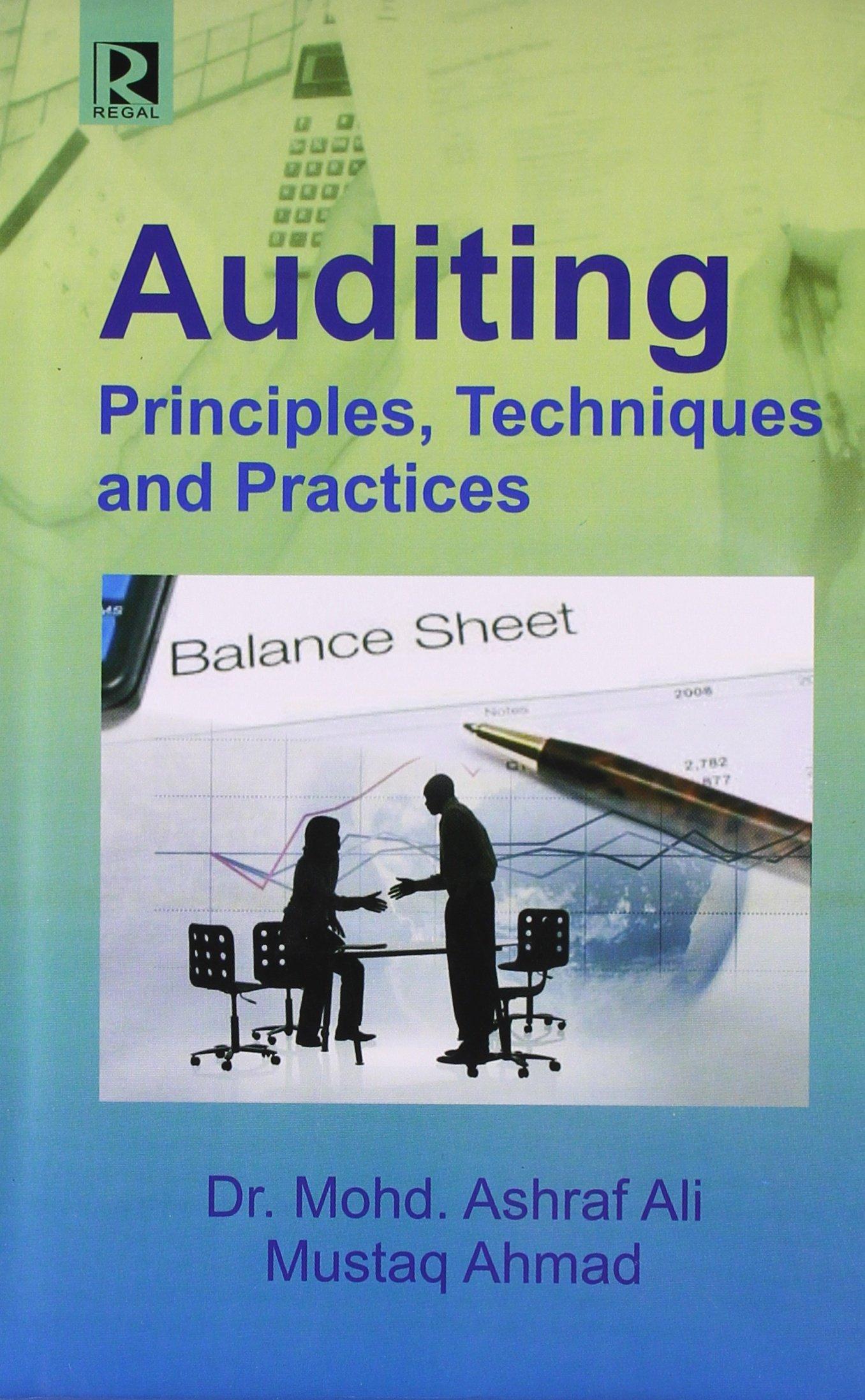Question
From 2021-2023, many industries across the world faced a shortage of computer chips. In particular, the auto industry faced a shortage of key chips needed
From 2021-2023, many industries across the world faced a shortage of computer chips. In particular, the auto industry faced a shortage of key chips needed to manufacture cars.
Below is hypothetical information for a car manufacturer, Niyonda. Before the chip shortage, the Niyonda produced and sold 558 sedans, 373 trucks, and 447 SUVs every week. Each vehicle required one specialized computer chip. Now Niyonda only has access to 640 computer chips per week and must decide how many of each product line to produce. Each vehicle requires 1 chip.
The United Auto Workers (UAW) union has threatened a major strike if the Niyonda tries to cut labor hours. Niyonda also cannot reduce its fixed overhead. However, materials, variable overhead, and selling expenses are variable in the short term.
Below is a segment income statement for Niyonda for the last week before the chip shortage began. Use the Theory of Constraints to maximize Niyonda's operating profit. The constraining factor is the number of chips. What will Niyonda's weekly operating profit be? Assume that per-unit revenue and variable costs remain the same and that total fixed costs remain the same. Also, assume that Niyonda can sell a maximum of 558 sedans, 373 trucks, and 447 SUVs every week.
| Sedans | Trucks | SUVs | |
| Units produced and sold | 558 | 373 | 447 |
| Revenue per unit | 28,540 | 35,394 | 34,592 |
| Direct materials per unit | 4,832 | 8,080 | 6,139 |
| Direct labor per unit | 1,465 | 1,696 | 1,684 |
| VOH per unit | 3,934 | 4,657 | 4,231 |
| FOH applied per unit | 8,692 | 8,692 | 8,692 |
| Selling expenses per unit | 1,258 | 1,258 | 1,258 |
Indicate an operating profit as a positive number. Indicate an operating loss as a negative number.
From 2021-2023, many industries across the world faced a shortage of computer chips. In particular, the auto industry faced a shortage of key chips needed to manufacture cars.
Below is hypothetical information for a car manufacturer, Niyonda. Before the chip shortage, the Niyonda produced and sold 558 sedans, 373 trucks, and 447 SUVs every week. Each vehicle required one specialized computer chip. Now Niyonda only has access to 640 computer chips per week and must decide how many of each product line to produce. Each vehicle requires 1 chip.
The United Auto Workers (UAW) union has threatened a major strike if the Niyonda tries to cut labor hours. Niyonda also cannot reduce its fixed overhead. However, materials, variable overhead, and selling expenses are variable in the short term.
Below is a segment income statement for Niyonda for the last week before the chip shortage began. Use the Theory of Constraints to maximize Niyonda's operating profit. The constraining factor is the number of chips. What will Niyonda's weekly operating profit be? Assume that per-unit revenue and variable costs remain the same and that total fixed costs remain the same. Also, assume that Niyonda can sell a maximum of 558 sedans, 373 trucks, and 447 SUVs every week.
| Sedans | Trucks | SUVs | |
| Units produced and sold | 558 | 373 | 447 |
| Revenue per unit | 28,540 | 35,394 | 34,592 |
| Direct materials per unit | 4,832 | 8,080 | 6,139 |
| Direct labor per unit | 1,465 | 1,696 | 1,684 |
| VOH per unit | 3,934 | 4,657 | 4,231 |
| FOH applied per unit | 8,692 | 8,692 | 8,692 |
| Selling expenses per unit | 1,258 | 1,258 | 1,258 |
Indicate an operating profit as a positive number. Indicate an operating loss as a negative number.
Step by Step Solution
There are 3 Steps involved in it
Step: 1

Get Instant Access to Expert-Tailored Solutions
See step-by-step solutions with expert insights and AI powered tools for academic success
Step: 2

Step: 3

Ace Your Homework with AI
Get the answers you need in no time with our AI-driven, step-by-step assistance
Get Started


